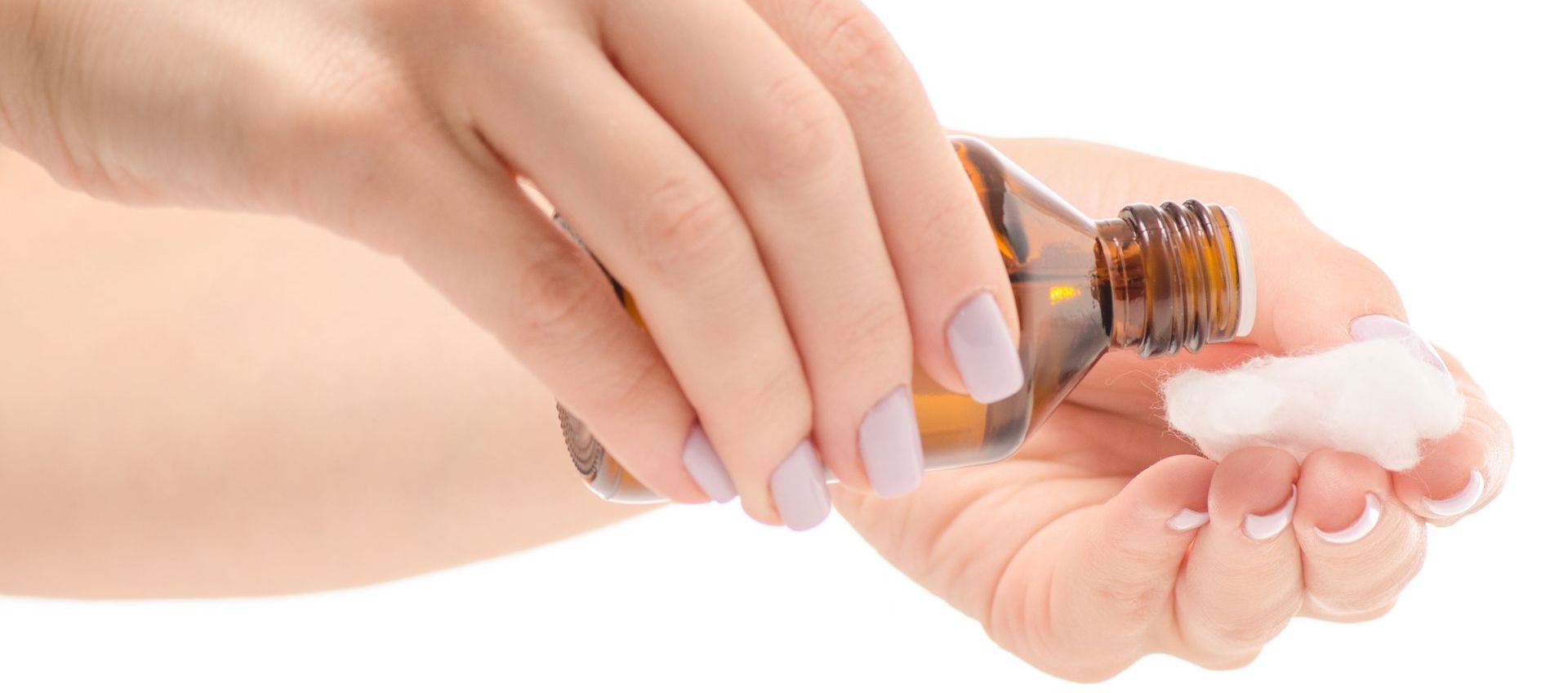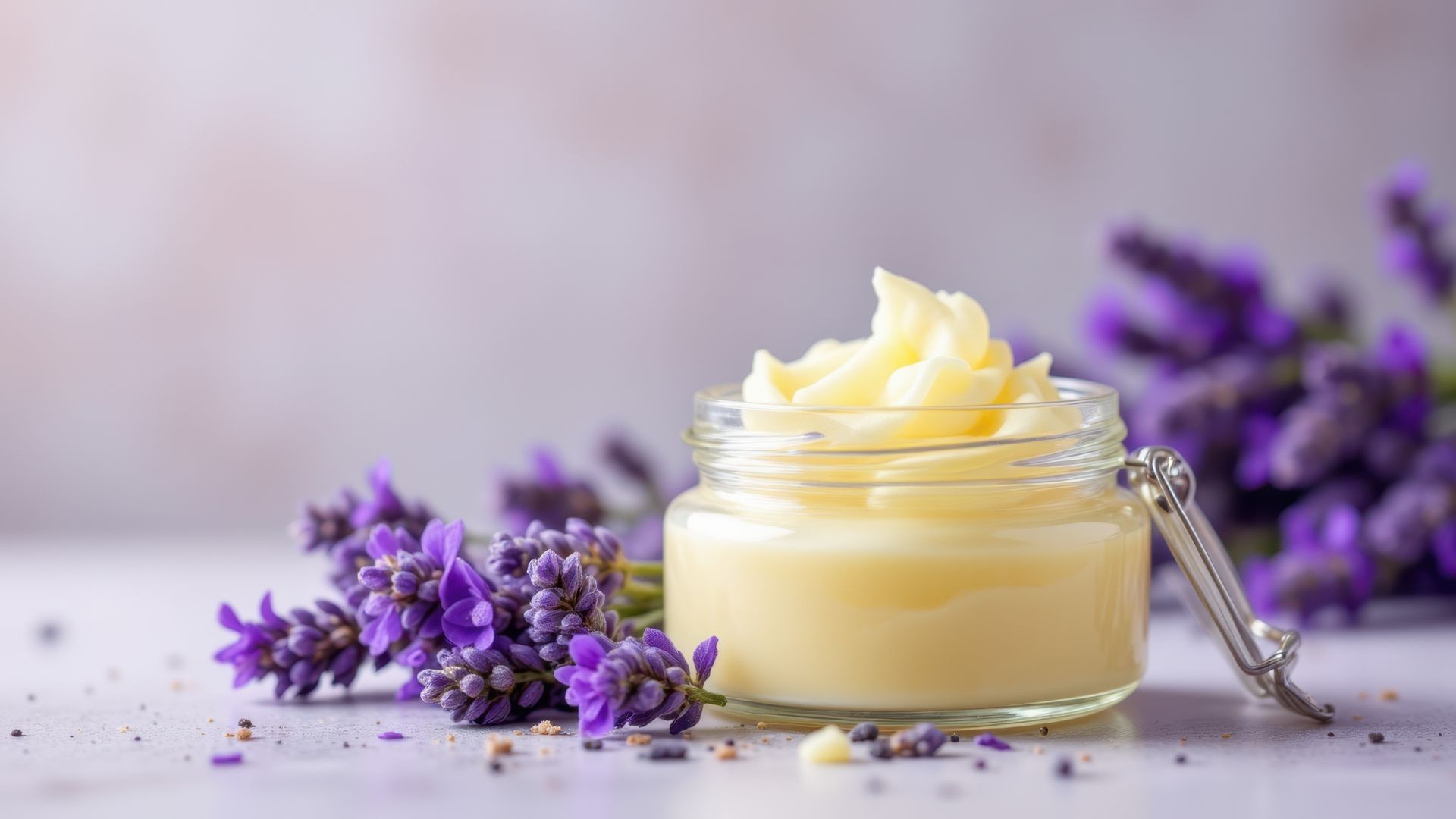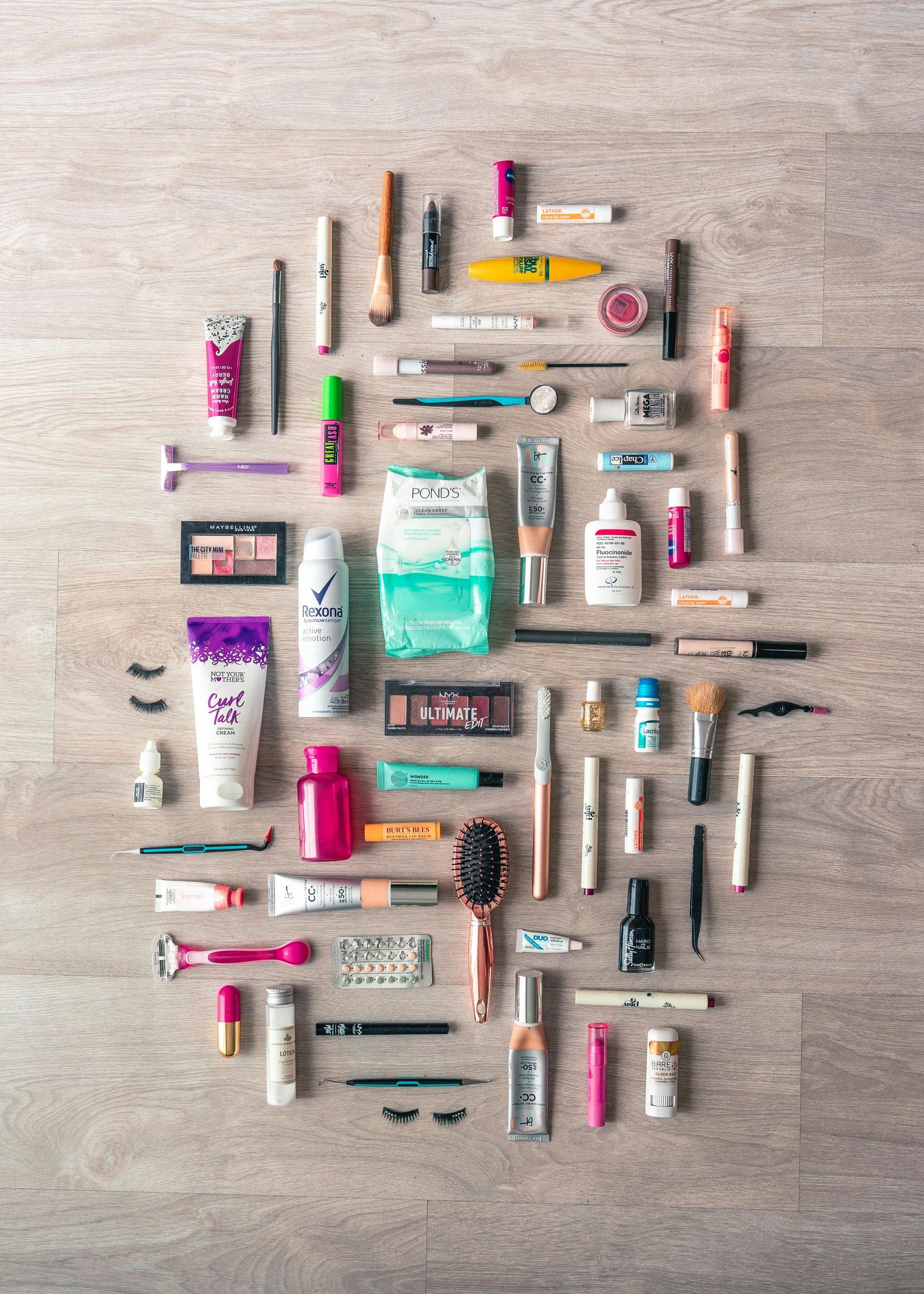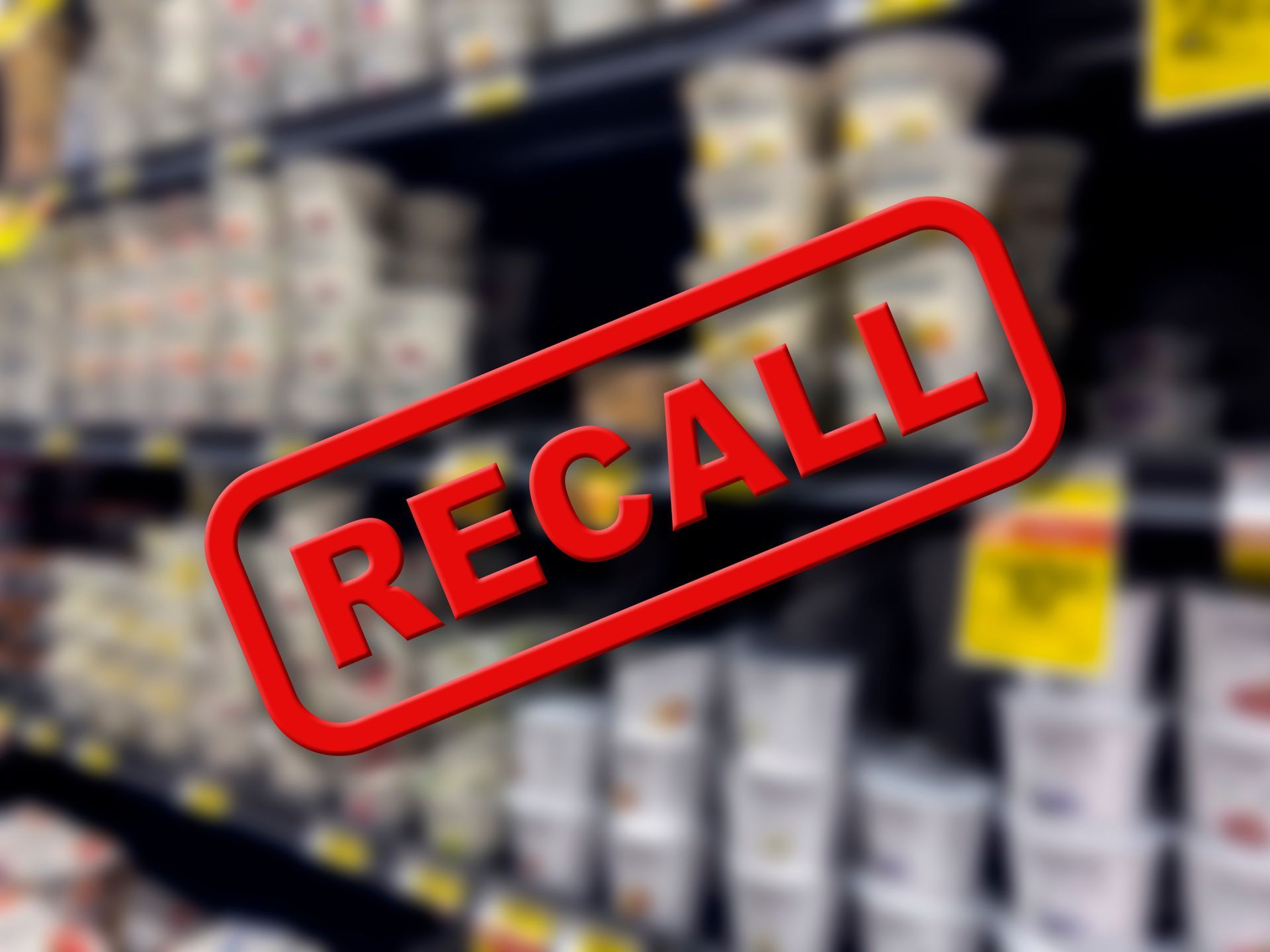Alcohol in Cosmetic Products: Debunking Common Misconceptions
Navigating Alcohol in Cosmetic Products: Understanding the Role of Fatty Alcohols

When it comes to skincare and cosmetic products, the term "alcohol" often tends to evoke a sense of concern or alarm among consumers. Many people assume that seeing the word "alcohol" in an ingredient list automatically denotes the presence of drying or harsh rubbing alcohol. However, it's important to debunk this misconception and understand that not all alcohols are created equal, especially in the context of cosmetic products.
The truth is that there are various types of alcohols used in skincare and cosmetic formulations, and their effects on the skin can differ significantly. While some alcohols, such as ethanol or isopropyl alcohol, can indeed be drying and irritating to the skin, there is a category of alcohols known as fatty alcohols that offer quite the opposite benefits.
Fatty alcohols, such as cetyl alcohol, stearyl alcohol, and cetearyl alcohol, are derived from natural sources like coconut or palm oil. Unlike their drying counterparts, these fatty alcohols are known for their emollient and moisturizing properties. In cosmetic products, they are commonly used as emulsifiers, thickeners, or stabilizers, contributing to the creamy texture and luxurious feel of lotions, creams, and other skincare formulations.
It's crucial for consumers to recognize that the presence of fatty alcohols like cetyl alcohol in an ingredient list does not signify the same potential drawbacks associated with drying alcohols. In fact, these fatty alcohols can play a beneficial role in enhancing the overall performance and texture of skincare products, helping to lock in moisture and promote a smoother, softer skin texture.
When evaluating a cosmetic product, rather than turning away at the sight of the term "alcohol" in the ingredients, it's vital to consider the specific type of alcohol being used. Reading the complete ingredient list and understanding the functions of different alcohols can provide a more informed perspective on the formulation's potential effects on the skin.
In conclusion, the term "alcohol" in the context of cosmetic products is not a one-size-fits-all concern. By distinguishing between drying alcohols and nourishing fatty alcohols like cetyl alcohol, consumers can make more educated decisions regarding their skincare choices. With this understanding, the misconception surrounding the presence of alcohol in cosmetic products can be dispelled, allowing for a more nuanced and informed approach to skincare.
Much Love Cosmetic Labs specializes in guiding and educating brands about various cosmetic misconceptions, including the nuances of alcohol in formulations. Our expertise can help brands navigate the complexities of cosmetic ingredients, ensuring that their products are not only effective but also aligned with the best practices and consumer understanding. By partnering with Much Love Cosmetic Labs, brands can gain valuable insights and solutions to dispel misconceptions and build trust with their customers.
Get in Touch with Us
Have questions or need assistance? We're here to help! Reach out to Much Love Cosmetic Labs, and let’s create something beautiful together. Whether you're looking for custom formulas or stock options, our team is ready to support your cosmetic journey.




